The Gentle Soul | Interview | Pamela Polland
Pamela Polland, with her roots firmly planted in the ethereal folk-rock world of The Gentle Soul, embodies the raw, unfiltered spirit of a true artist.
Her journey from the harmonious yet transient days of the Gentle Soul to a richly varied solo career paints a portrait of a relentless, fearless musician. Polland’s early collaborations with legends like Ry Cooder and her unforgettable stint with the Mad Dogs & Englishmen tour reveal an artist perpetually in search of new musical frontiers. Despite setbacks, such as the unreleased album produced with Gus Dudgeon, Pamela’s resilience and dedication to her craft have shone through, earning her respect and admiration from both peers and fans. Her work with renowned artists like Bonnie Raitt and Kenny Loggins underscores her ability to collaborate with some of the best in the industry, further enriching her musical journey. The Melba Rounds Show, a unique project from the mid-70s, demonstrated her versatility and creativity, blending blues and jazz with a theatrical flair. Pamela’s immersion in Hawaiian culture, particularly through her ‘ukulele band Keaolani, reflects her deep respect for and integration of local traditions into her music. Now, at 80, Pamela continues to inspire with her unwavering dedication to both her own music and the rich tapestry of influences that have shaped her career.
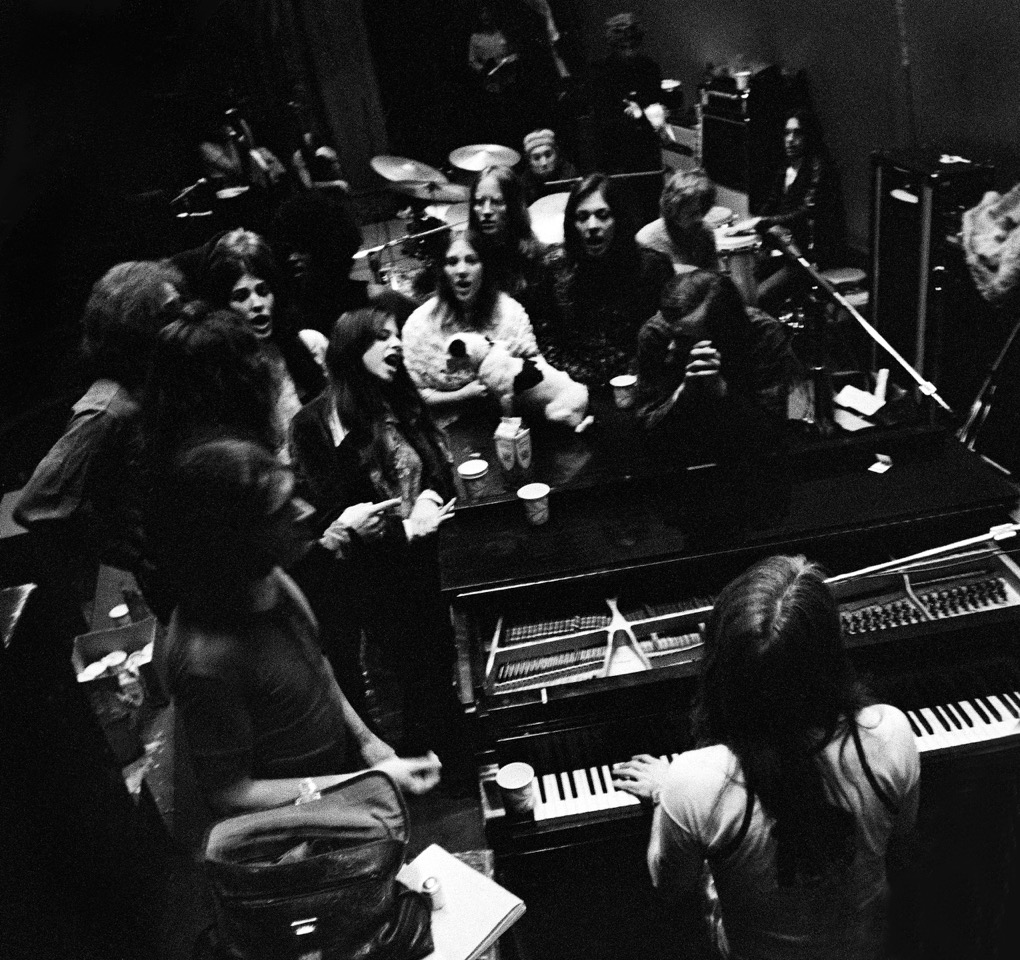
“Music is my nature, it’s my life, and my great love.”
Could you tell us about your early experiences with music? What initially inspired you to pursue a career in this field?
Pamela Polland: My parents were both really into the arts—my dad was a woodwind player in the Santa Monica Symphony, and my mom wanted to be a singer, but she never figured out how to pursue that as a career. As a kid, I was given piano lessons, and I started writing songs when I was 9 years old. By the time I was a teenager, I had songs published and recorded by other artists, and making the jump to performing professionally was the clear next step for me. Honestly, all I ever wanted to do was write songs, but in order to make a living, I had to perform as well.
Who were your key musical influences growing up?
HUGE Bob Dylan fan, and the Beatles of course. I loved the Everly Brothers and their super tight sibling harmonies. I was influenced by the “bigs” in the folk scene of the early ’60s: Pete Seeger, etc. Then I met Ry Cooder around 1963, and he introduced me to the world of traditional blues, Bessie Smith, and Ma Rainey. That eventually led me to the world of jazz and gospel. I was very inspired by Anita O’Day, Ella Fitzgerald, Louis Armstrong, and Mahalia Jackson. Simultaneously, I was a huge fan of Bruce Springsteen, Otis Redding, and I LOVED Luther Vandross and all the great R&B groups.
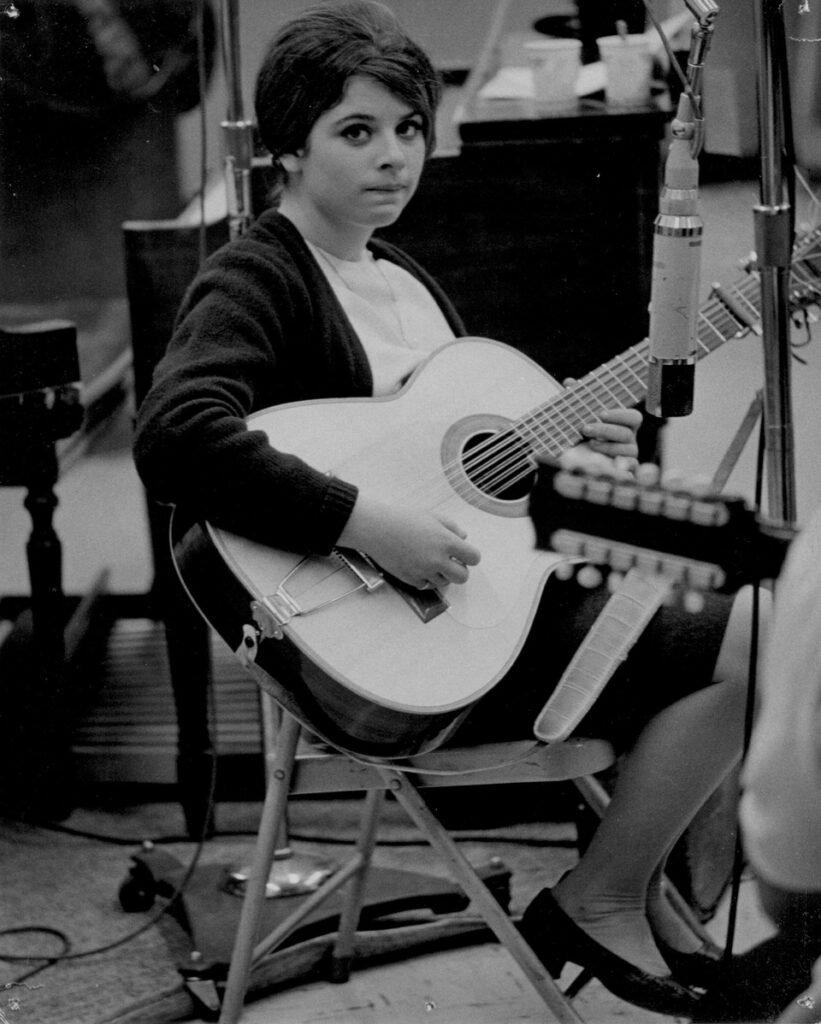
Did you have any mentors who guided your early development as an artist?
That’s a great question. I wasn’t so much “guided” as I was “helped” by my managers, Billy James and eventually Diane Sward Rapaport, and my first producer, Terry Melcher, and later Gus Dudgeon. I was very self-guided, so these “assistants” simply helped me progress in my goals.
What were some of your first performances like? Do you recall any particularly memorable early gigs or moments when you realized music was your calling?
Oh, I knew music was my calling long before I ever even did a first gig. My earliest performances were as a teenager, and when I met Ry Cooder, we became a duo for a couple of years. We performed at the renowned Ash Grove in LA, which was a big honor at the time. I eventually moved on to forming The Gentle Soul, and performing with them at the Troubadour in LA was another memorable experience.
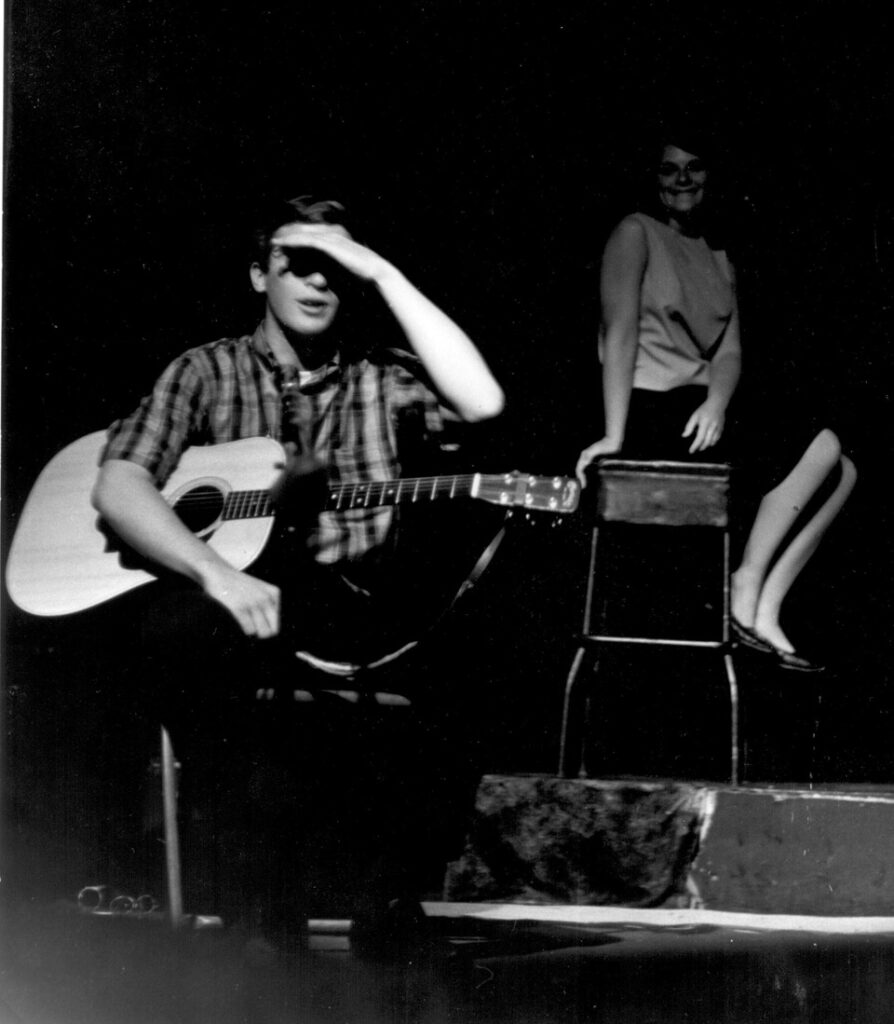
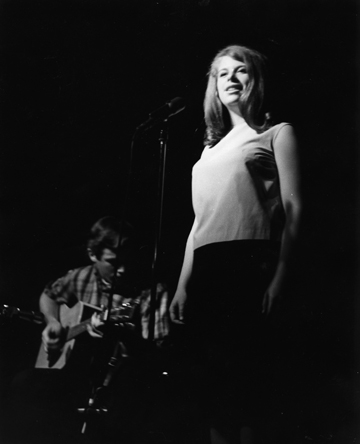
“Because of my love of harmonies, I was looking for someone I could partner with to sing my original songs.”
How did The Gentle Soul come together? Can you share the story behind the band’s formation and the dynamics within the group?
Because of my love of harmonies, I was looking for someone I could partner with to sing my original songs. Someone introduced me to Rick Stanley, and he and I instantly clicked with a great vocal blend, as well as an appreciation of each other’s original material. Dynamics within the group? Well, Rick and I were both “spiritual seekers,” and a lot of our earliest collaborations were influenced by some swami or guru that we were following, or spiritual books we were reading. Most of the other members of the group were “sidemen,” while Rick and I were the creative center. But of all the “sidemen” who came and went, Riley Wildflower was the most consistent and dedicated member. He was truly a gentle soul.
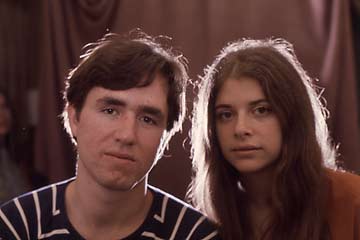
What was the songwriting process like for The Gentle Soul? How did you and Rick Stanley collaborate on creating the band’s unique sound?
When either of us had an idea, whether it was musical or lyrical, we would sit down together and see what the other could bring to the table. To this day, I love the songs we wrote together, and as I’m sure you know, we also worked out lovely vocal arrangements for each other’s original material that were not songwriting collaborations. These all came about very organically while simply sitting down to play with one another.
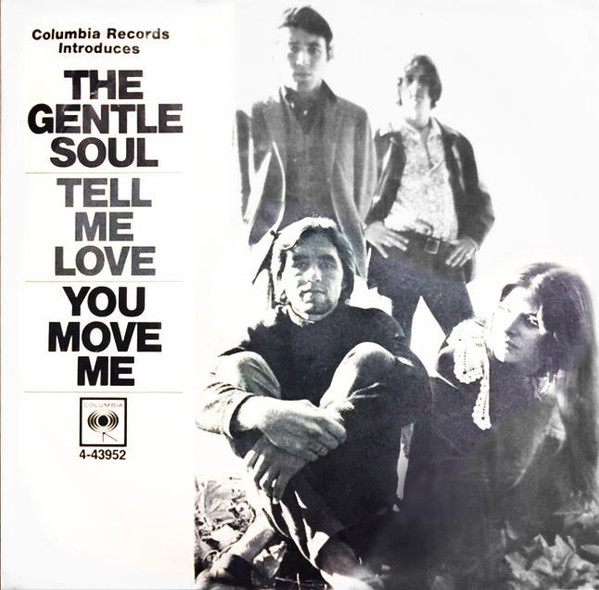
Can you share some insights into the recording sessions for your debut album? What was it like working with Terry Melcher and other notable figures involved in the project?
I LOVE recording. And Terry was a good producer who really liked to get his fingers in the pie. He brought in some of the best session players of the day, which made recording a total high. I brought in Ry and Taj, among a couple of others. But Terry brought in players like Larry Knechtel, Jim Gordon, and I think he brought in Van Dyke Parks, although I also knew the Beach Boys in those days, so I might have asked Van Dyke to record with us. And it was Terry’s idea to have that whole instrumental introduction—the ‘Overture.’ I wasn’t crazy about that idea, but I went with it. After all, having Jack Nitzsche arrange our music was an honor at the time. In the end, it was too out of tune for me to find it listenable. But I still love the rest of the album, 57 years later.
How did The Gentle Soul’s music evolve during your time together? Were there any significant shifts in your musical direction or approach over the years?
I don’t think there were any significant shifts in direction. We had a “style,” and it was authentic to who we were at the time.
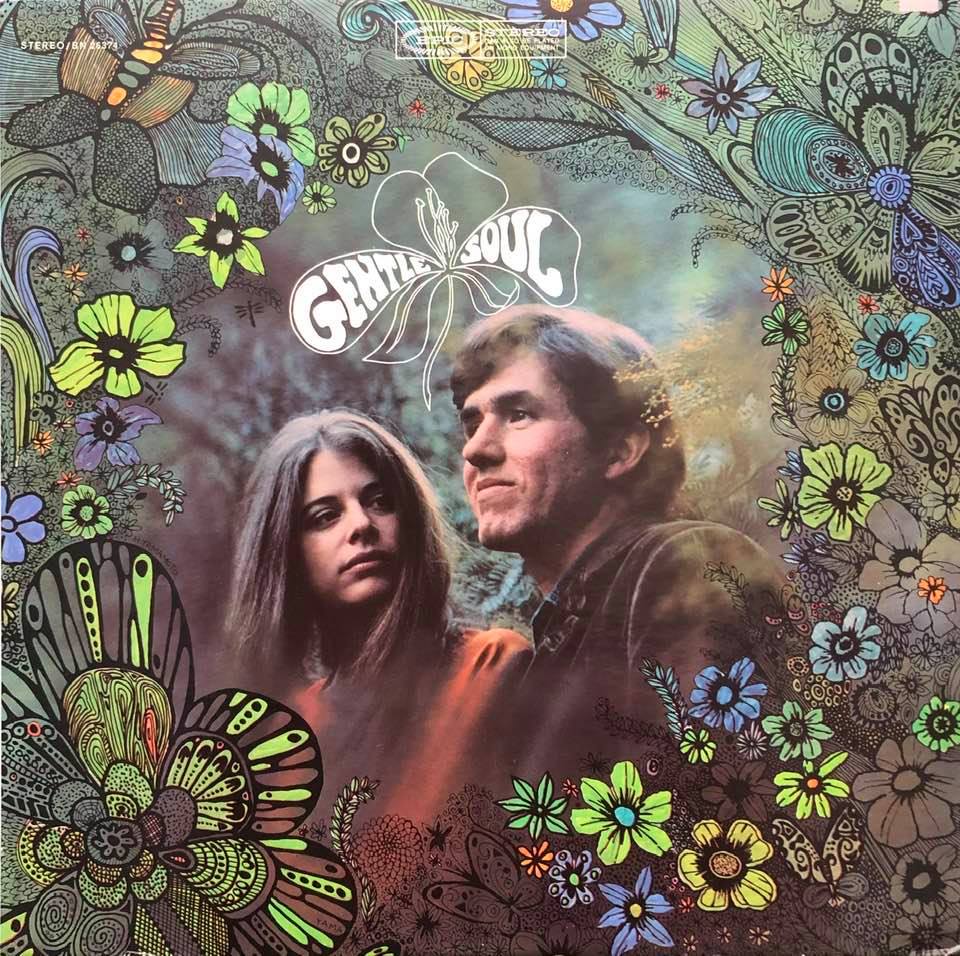
What were some of the biggest challenges you faced as a band during that period? Conversely, what were the key breakthroughs or successes that defined The Gentle Soul’s journey?
The main success was being signed to Columbia Records, and I think Billy James was responsible for that, as well as hooking us up with Terry Melcher. But the biggest challenge BY FAR was getting the record company to promote us. In fact, they did not promote us AT ALL, and after not being able to tour because there was no promotional program in place for us to do that, we eventually disbanded. It was literally because of the way the record company “failed” us that we went our separate ways.
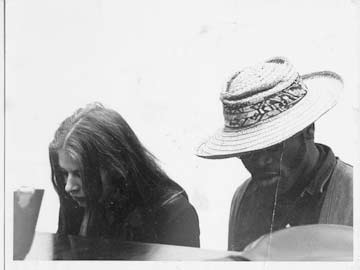
Looking back, how do you perceive The Gentle Soul’s impact on the folk-rock scene?
I don’t think we had any impact!! But if we did, it was small, mainly because of that lack of promotion.
What do you think made your music resonate with audiences then and continue to be appreciated now?
I think the sincerity and authenticity. Rick and I were so “all about love.” It was the “Era Of Love” in the ’60s, and we were true believers. And I think that comes across in our music.
After The Gentle Soul, what motivated you to pursue a solo career? How did this transition affect your creative process and musical style?
These are such amazing questions, Klemen. I’m very impressed with your insight and sensitivity! I think the whole breakup of The Gentle Soul was such a disappointment that carrying on as a soloist seemed the “path of least resistance.” It seemed the easiest and most direct route to continuing on with my career, and I was still signed to Columbia. But Terry wanted me to go to New Orleans and record a live blues album with Ry at Preservation Hall. I loved the idea, but I asked Clive Davis if I would be able to continue my career as a singer-songwriter once the blues project was recorded, and he said that if being a singer-songwriter was my priority, then I shouldn’t do the blues project. This was so upsetting to Terry that he bowed out as my producer, and I don’t think Ry ever forgave me. That’s when I moved to Northern CA, got Diane Sward Rapaport as my manager, and became more a part of the Bay Area music scene. I then re-signed with Columbia and recorded the first solo album. I told Clive I would only re-sign if he promised to promote the album, and he did. However, he thought I could do better, which is why he sent me to London to work with Gus Dudgeon on the second solo album.
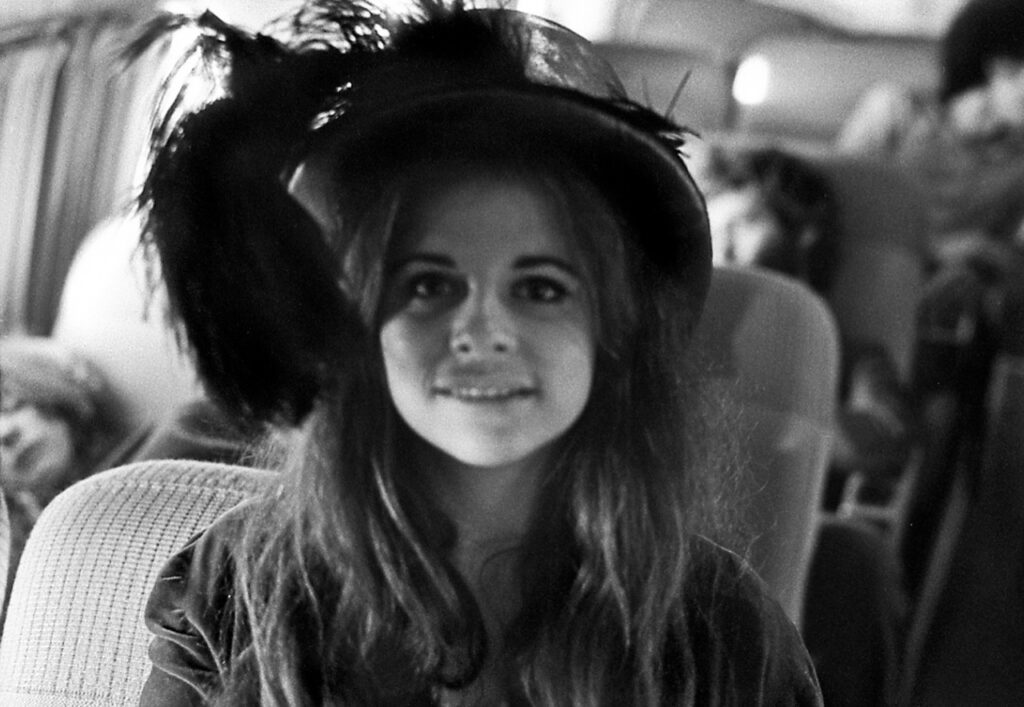
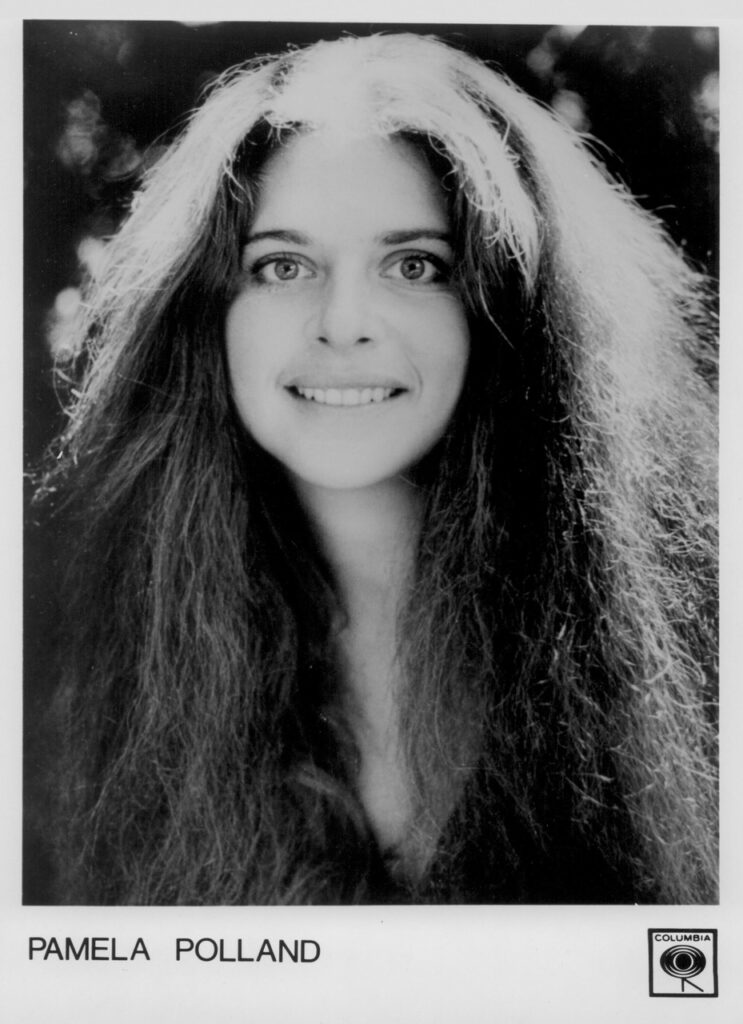
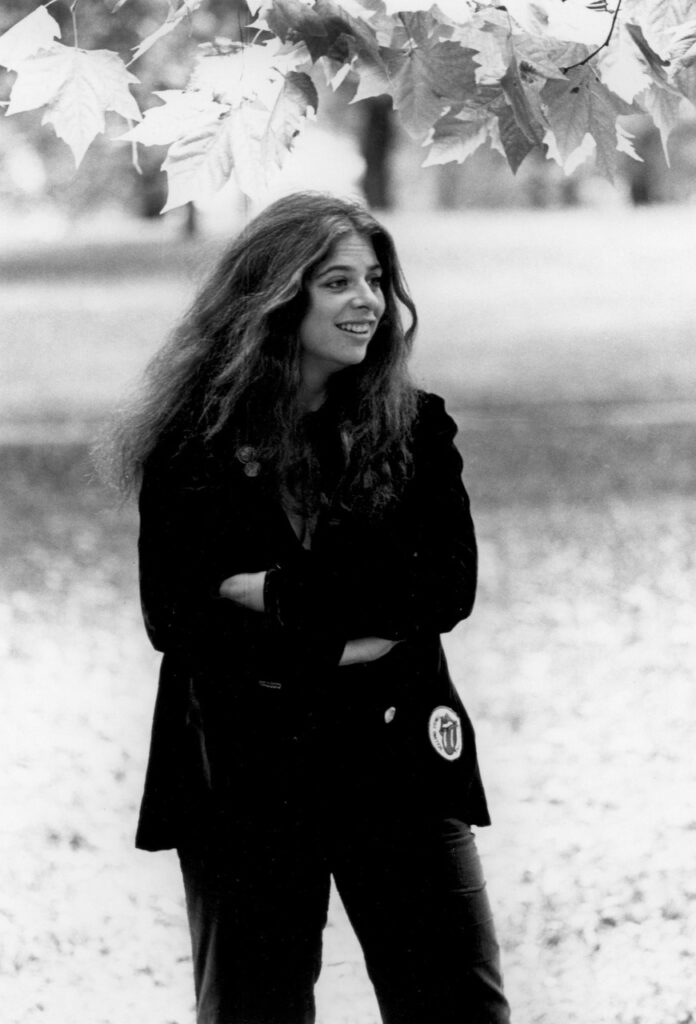
Your self-titled debut solo album received significant acclaim. Can you discuss the inspiration behind this album and the themes you explored in your music during that time?
I think I’ve been pretty consistent in my themes of love and spiritual exploration. If you have a more specific question, I’m willing to answer.
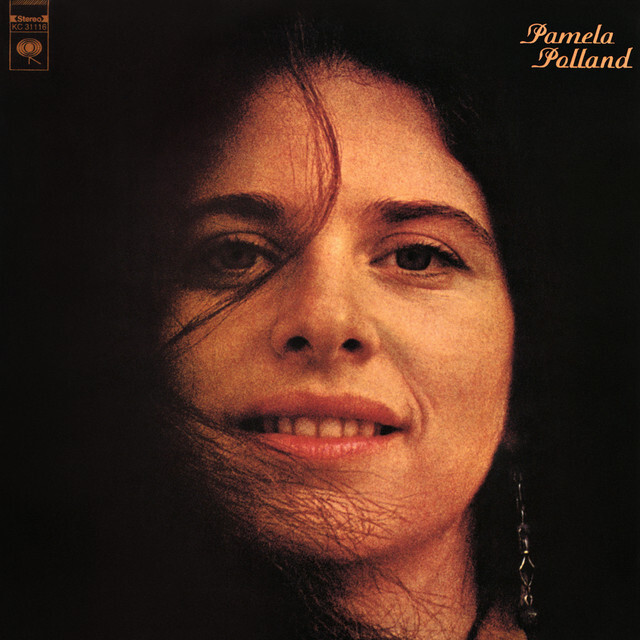
I think I just fall in love and write a song about it, get my heart broken and write a song about that, believe in the power of love and write songs about that, and think about the meaning of life and write songs about that.
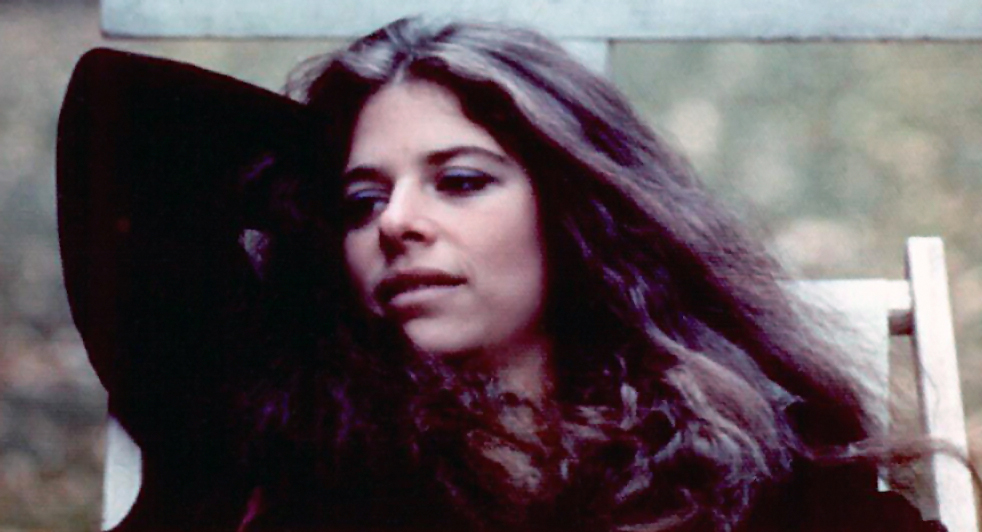
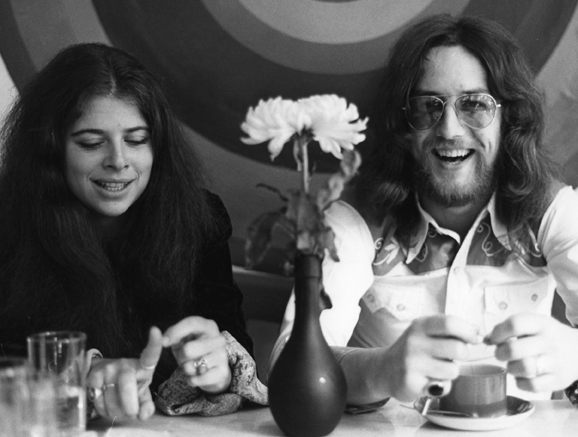
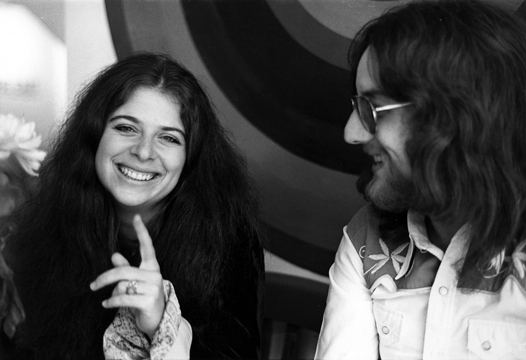
Can you share some of your experiences and memories from joining the Mad Dogs & Englishmen Tour with Joe Cocker and Leon Russell in 1970? How did this opportunity shape your career?
This was HUGE, and in a lot of ways, still is. I had moved to the Bay Area because The Gentle Soul broke up and my marriage was on shaky ground, and I needed a change of scene. But after six months, I wanted to come back and see if I could make my marriage work. My husband, Greg Copeland, told me he had moved on to be with another woman, and I was so heartbroken that a friend of mine wanted to cheer me up somehow, so she took me to the first rehearsal for Mad Dogs & Englishmen at the A&M soundstage in Hollywood. We were just there to enjoy the music, but Leon came up to me and said, “Aren’t you Pamela Polland?” I was flabbergasted that he knew my name because I had already been a fan of his for years, and he said he was a fan of The Gentle Soul!!! He then asked me to get up and sing with the background singers in the second half of the rehearsal, and at the end of the night, asked me to go on the tour!! Having just had my marriage fall apart and having no band or record deal, it sounded like a great idea to me!! I told him I could only go if my dog could come, and he said, “No problem.” The whole tour was one of the great musical highs of my life, and being a part of it made it very easy for me to get back to my solo career and get re-signed. I will be forever grateful to Leon for that invitation, and to all the band members for embracing me to whatever degree they each could.
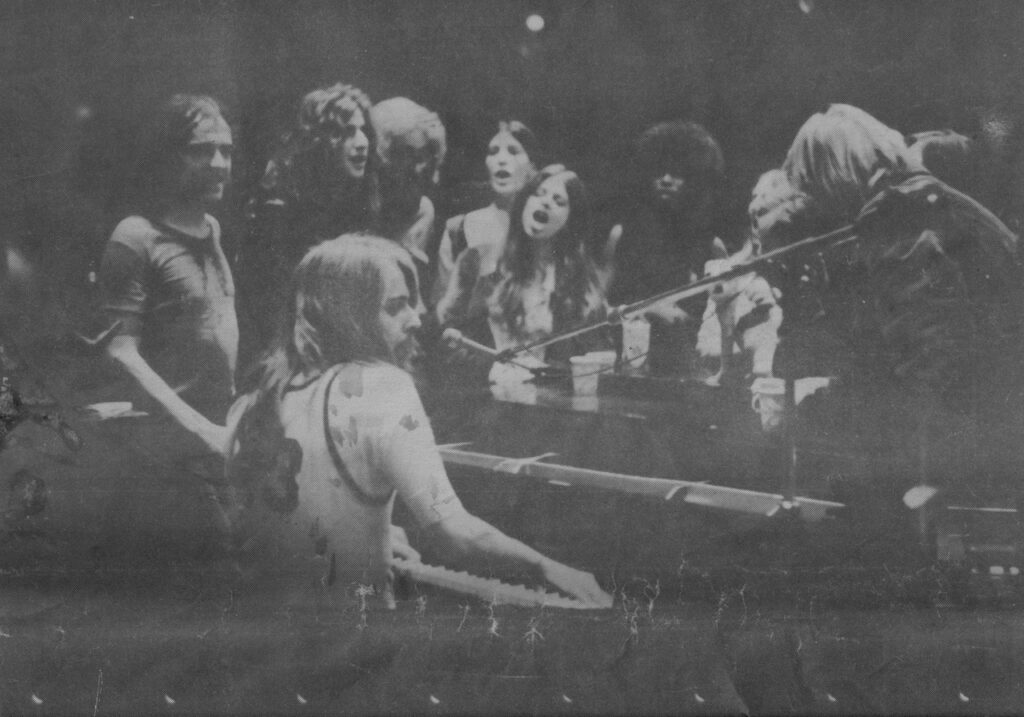
Your musical journey has included collaborations with many notable artists like Bonnie Raitt, Kenny Loggins, and Van Morrison. How have these collaborations influenced your music and personal growth as an artist?
Let’s start with Jackson Browne. I’ve known him since he was 14 years old and had only written three songs, but two of them were really good, and I knew he was going to be an immense talent. What many people don’t know is that Rick Stanley left The Gentle Soul kind of in the middle of our three-plus years together, and we didn’t know if he was ever going to come back, so I asked Jackson to take his place, and Jackson was actually with us for two months!! Jackson’s utter dedication to his craft has always been an inspiration to me.
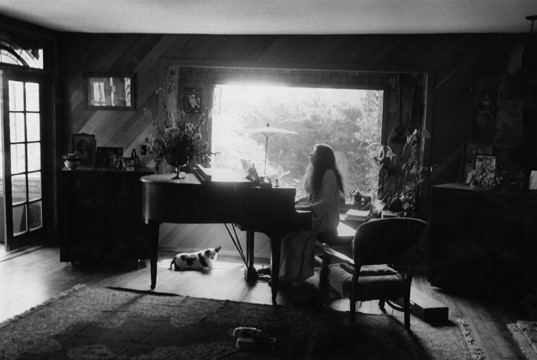
I was also a big Van Morrison fan, but we never collaborated—I simply got to open for him a few times, and his audiences were a perfect fit for me. I’ve been friends with Bonnie for 52 years and with Kenny for 55 years, so I was super fortunate when they each agreed to record with me on the ‘Heart Of The World’ album. They are both such exemplary musicians—far more talented than I in every regard. They have both inspired me to be the best I can at my craft, even if I’ll never be in their league.
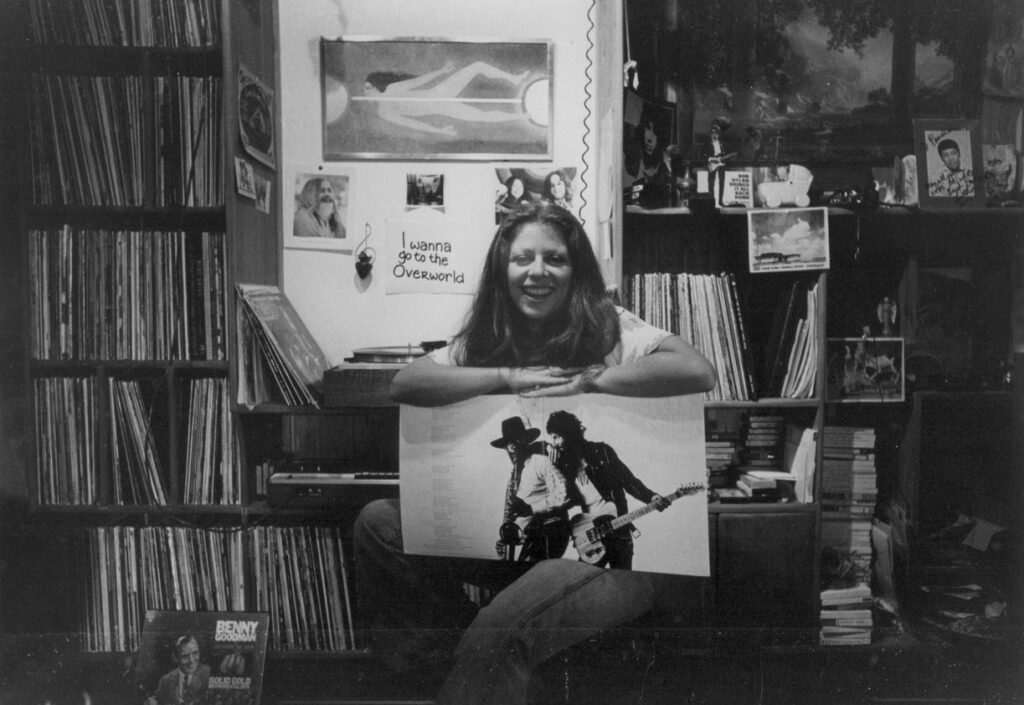
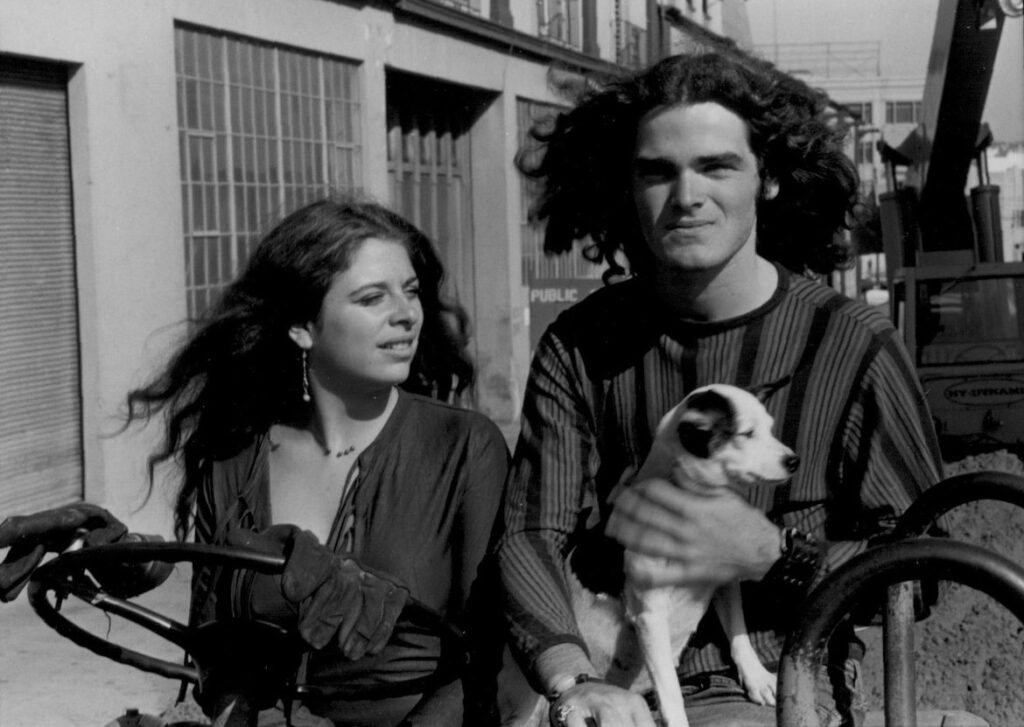
The Melba Rounds Show was a unique and celebrated project in the mid-70s. What inspired you to create this fictional character and the revue of 20’s, 30’s, and 40’s music? What impact did this project have on your career and fan base?
Wow, you’ve really done your homework. After my second solo album was taken off release because of Clive being fired from CBS, and the semi-success of my first solo album had leveled off, I was a bit “at sea” without a label and not enough success to keep touring on the basis of the first solo album. But I still had to make a living, so I went back to my earliest roots and started singing blues… but I didn’t want people to be confused by my name—which was that of a singer-songwriter.
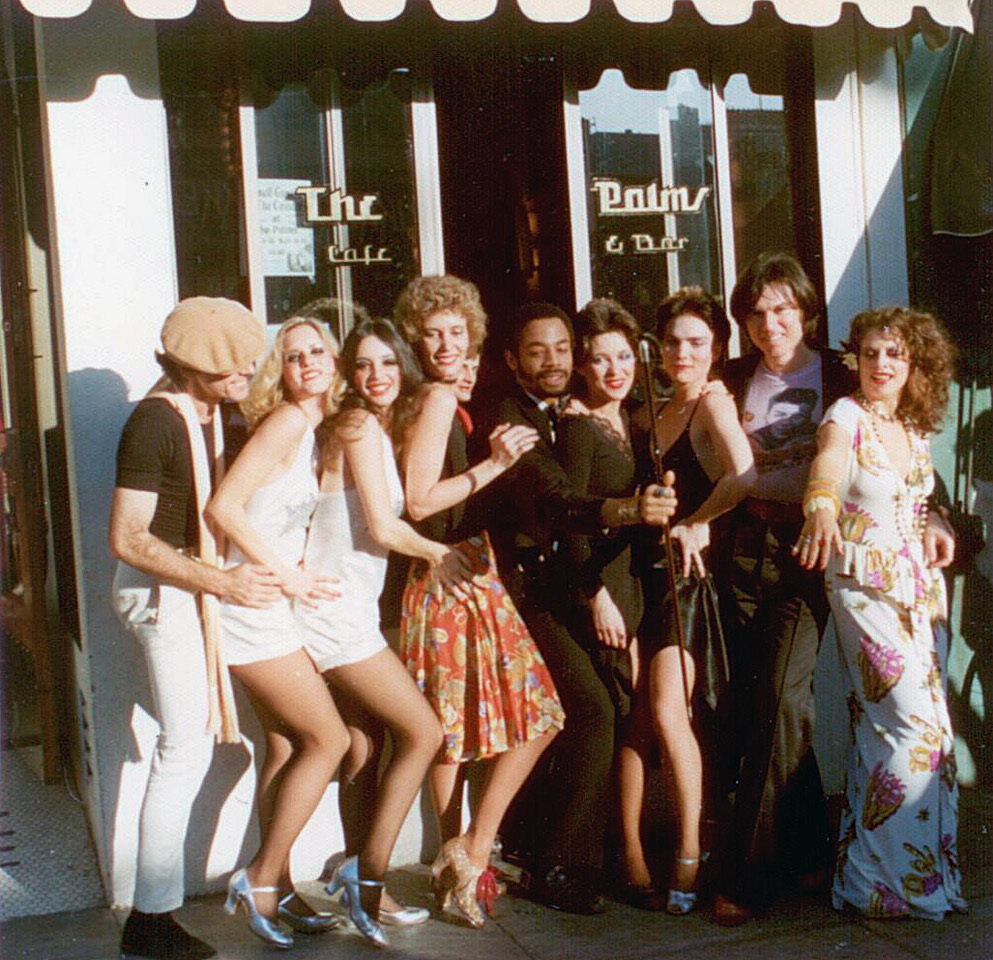
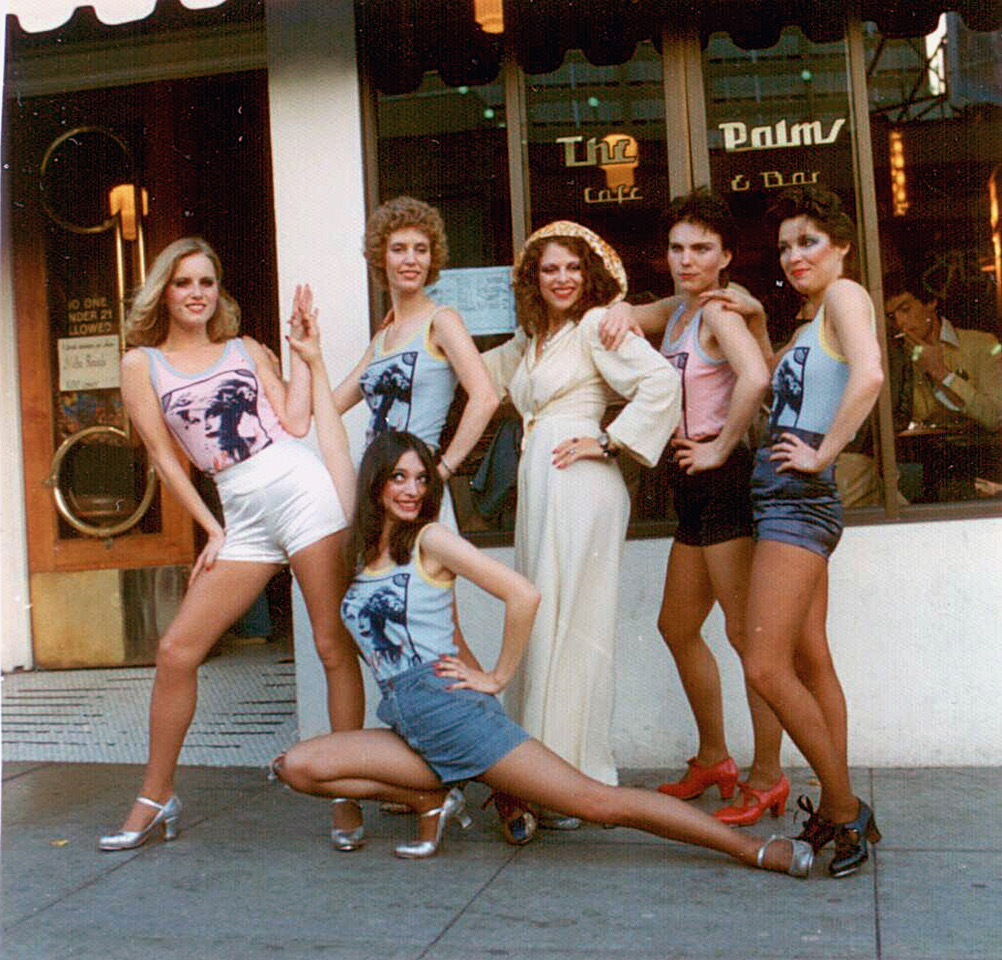
So I took on a different name for the blues shows and developed a whole character around the name. I eventually put dancers in the show and had a lot of fun creating all that.
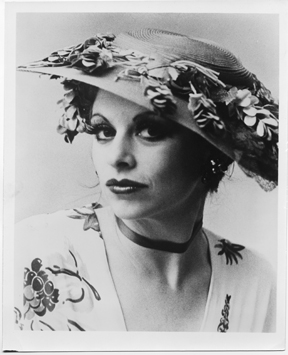
Have you seen the “demo” on YouTube? It gives a lovely overview of the show, and I even did a few originals, even though most of the music was blues and jazz. And simultaneously, Bette Midler, who I did not know at all, was doing something very similar in New York!!
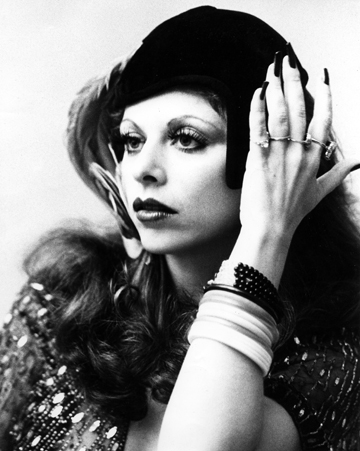
After moving to Maui, how did immersing yourself in Hawaiian culture and music influence your artistic expression? Can you talk about your experience with the hula hālau and the formation of your ‘ukulele band, Keaolani?
Wow… your questions continue to amaze me!! So, being in Hawai’i, it seemed right to study the culture and join a hula hālau (a performing hula school). Dancing with the hālau was a serious dedication, but whenever we performed, our teacher would bring a “boom box” and we danced to music on cassette tape. Whereas everywhere else I went in Hawai’i, hula dancers performed to live music. So after seven years, I told my teacher I was going to study Hawaiian language and learn the ‘ukulele and create a band for our hālau. And she brought in a couple of “grand master” Hawaiian musicians to teach anyone in the hālau who wanted to learn, and I asked the music teacher to create a “performance class” for those of us who were serious about performing—and that is how Keaolani was born. We became the “house band” for the hālau, and eventually, some of the members moved away, and it’s now down to just me and my singing partner Jennifer Newell—and we still provide live music for the hālau as a duo. We call ourselves “2 Tūtū”—which translates as “two grandmothers”.
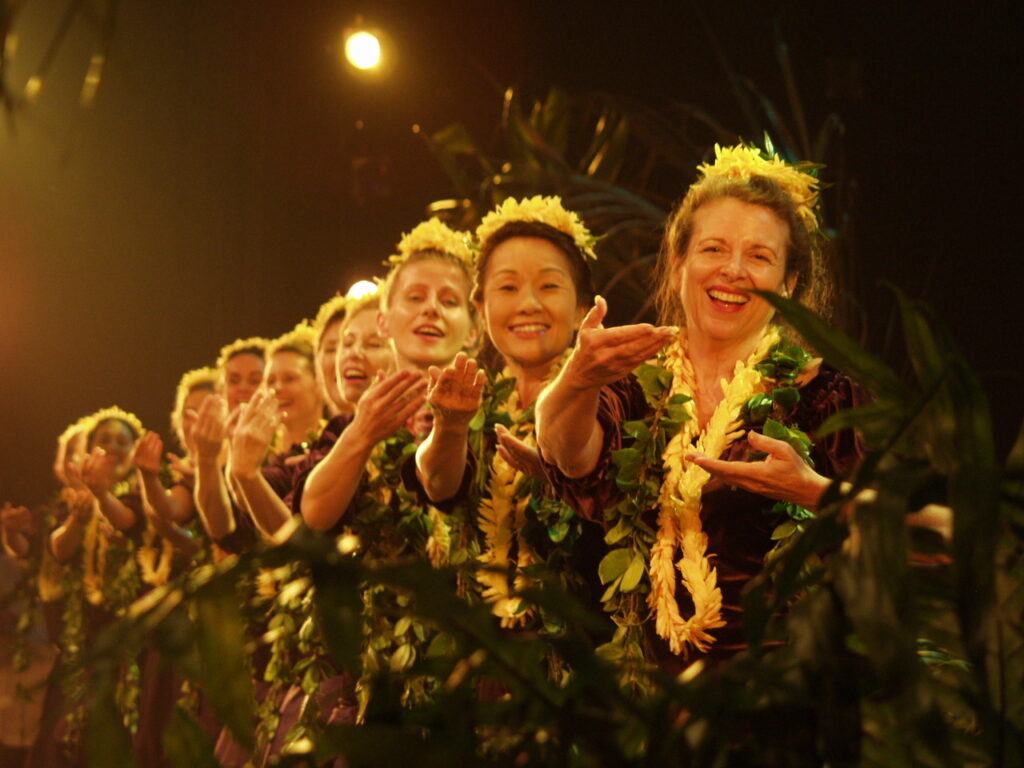
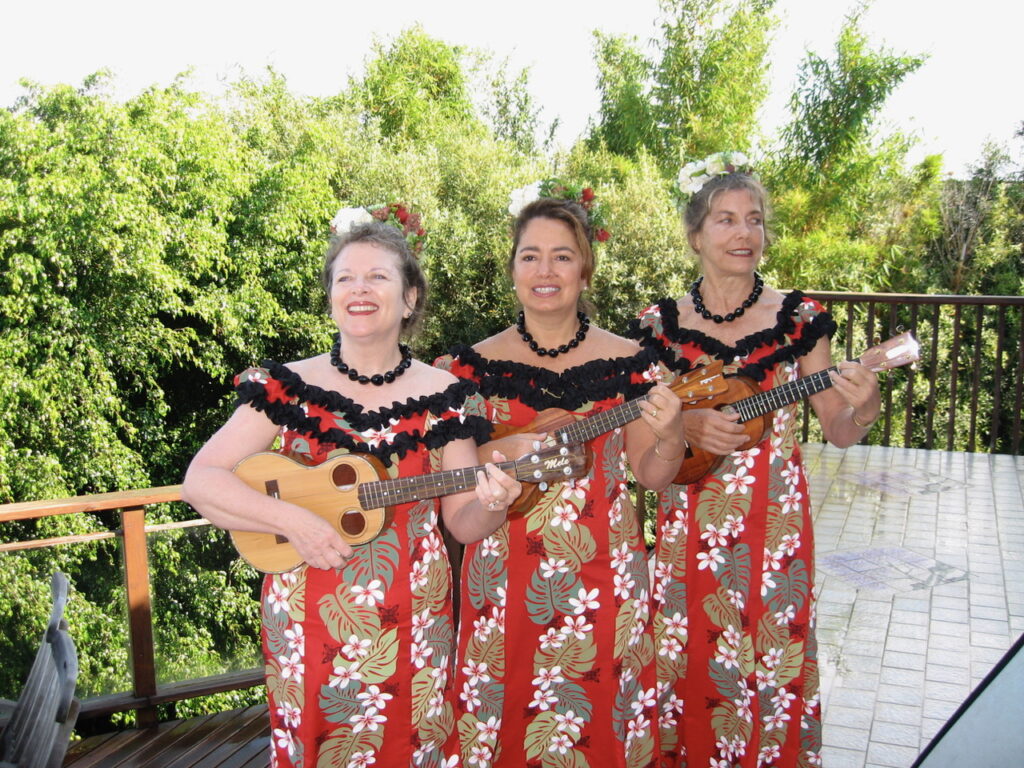
Throughout your career, you’ve shifted between different musical genres, from folk and blues to jazz and Hawaiian music. What drives these transitions, and how do you approach integrating these diverse influences into your work?
I just love music. That’s the bottom line. Music is my nature, it’s my life, and my great love. As long as the music is GOOD—true, authentic—the genre itself is a secondary thing. I’ve tripped into these genres mostly by happenstance. But it all started with songwriting as a kid, then finding folk music, which I imagine my mom introduced me to, and then meeting Ry, which got me deep into blues and gospel. Always wanting to write songs and perform those as well led me to form The Gentle Soul. Then, just “happening” to be at the first rehearsal for ‘Mad Dogs & Englishmen’ and being a rock backup singer, I got back to my singer-songwriter roots until that seemed to run its course, so I went back to blues and jazz, and then moving to Hawai’i and diving into the world of Hawaiian music. And THEN, many years later, I recorded an album of pop songs which I “Hawaiianized”—and that was a fun blend of Hawaiian style with “mainland style,” and I even put one of my originals on that album, just to say, “See, I’m still a singer-songwriter at heart!” So I just kind of weave in and out of all these styles, but always just wanting to be a good “deliverer” of music.
You’ve also ventured into composing and producing music for film and television with your production company, Maui Film Music. How does this work differ from your other musical projects, and what do you find most fulfilling about scoring for visual media?
Well, I haven’t had a lot of success in this field, but again, whatever I’ve done, it’s just about making good music and being able to create something appropriate for the setting. My music partner, Bobby Parrs, has been a solid joy to work with on the few projects we had in this field.
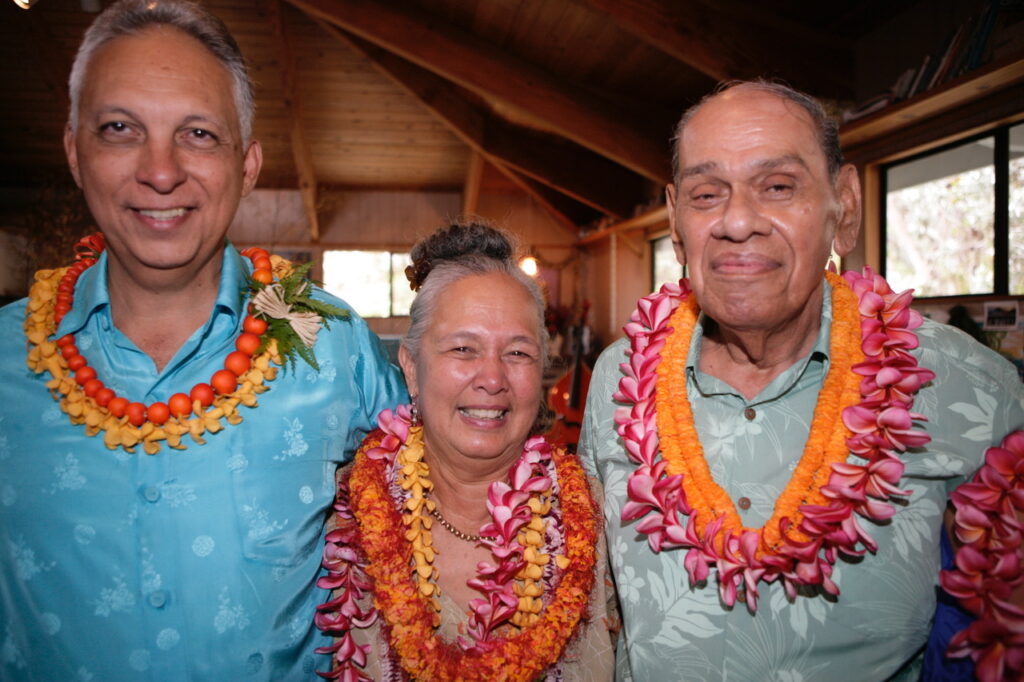
Ry Cooder played a significant role in your solo work. How did your collaboration with him come about, and what was the experience like working together?
I was a cashier at the Ashgrove, LA’s premier music club for primarily blues and some bluegrass in the ‘60s, and right next door was McCabe’s Guitar Shop. Ry used to hang out at McCabe’s when he was 15, and I was 17 at the time. He was already such a great player, but he didn’t sing, so he would take me to the home of some musicologists he knew, and we would sit and listen to old 78 recordings of the traditional blues greats. I would learn the vocal parts, and he would learn the guitar parts. Ry’s “m.o.” at the time was to replicate EXACTLY what was on these recordings, and he taught me how to listen “with a fine-tooth comb” in hopes that I would replicate the vocals exactly. Not an easy task for a teenage white girl from LA to try and sound like a 200 lb black woman from Mississippi. But I tried. And the owner of the Ashgrove was impressed enough that he let us perform there a few times.
What prompted your move to Hawaii, and how has living there influenced your music and life philosophy?
A man named David Paquette, an excellent traditional blues piano player who had a steady gig at a hotel in Lahaina, Maui, had heard about me and came to hear me sing at a club in San Francisco in 1976. He liked what he heard and asked if I would come do a New Year’s Eve gig with him on Maui that year. At the time, I was kind of footloose and fancy-free, so I went. The minute my feet hit the tarmac on arrival, I knew Maui was home.
How has Hawaiian culture and its musical traditions impacted your own musical expression? Can you share any specific experiences or stories that highlight this influence?
Well, there’s traditional Hawaiian music, and there’s modern. My teachers were traditionalists, and it’s much like how I worked with Ry—you listen, you learn, and you try to keep the culture alive by replicating what was done before. When I’m playing for the hālau, my job is to be as close as I can to the recordings of the legendary Hawaiian artists like Kahauanu Lake, Lina Machado, Genoa Keawe, the Beamer family, and so on—but when Jen and I are performing in a more casual setting, we let ourselves be more creative. And both are fun—being creative, but also being “exacting”—to the best of our ability. I guess I would say that both playing and singing Hawaiian music keeps me on my toes, so to speak, because I’m constantly learning and growing as a Hawaiian artist. It’s good to be able to learn and grow when you’re 80—which I will be in August.
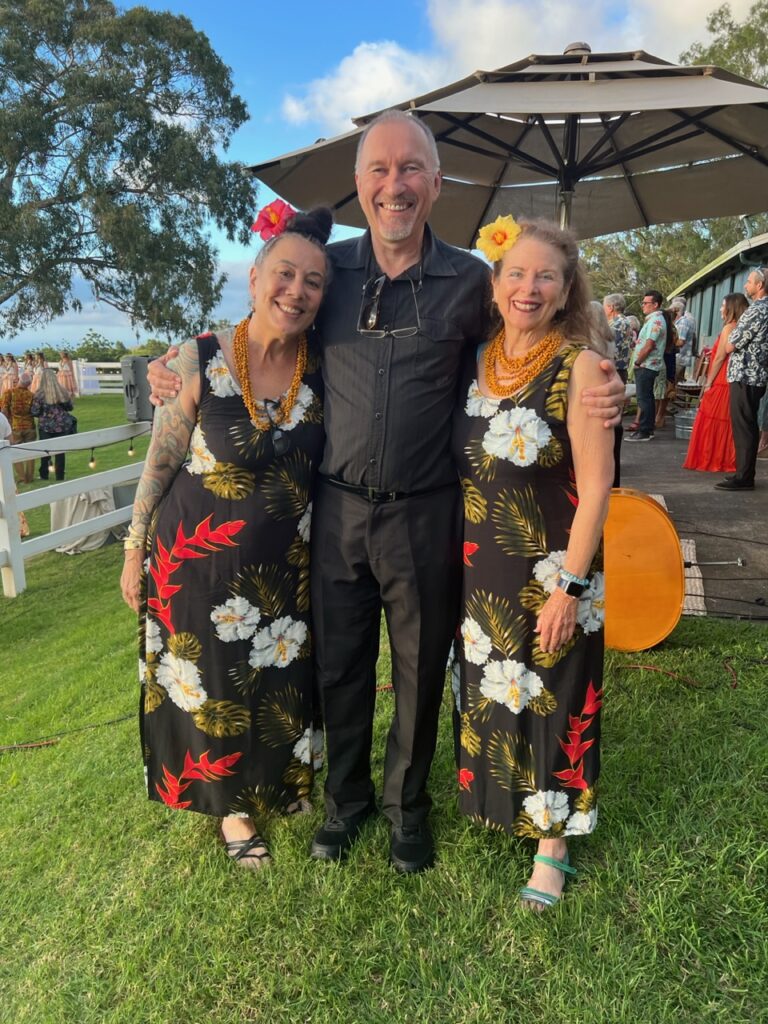
“I wanted to be a songwriter, and that was my focus.”
How do you feel you have evolved as an artist over the decades?
When I was younger, I didn’t care about singing—other than when I worked with Ry. I wanted to be a songwriter, and that was my focus. But in my 30s and 40s, I started to get serious about singing, and I have taken really good care of my voice and my overall health so that I could continue to sing well as I aged. As I mentioned, I’m going to be 80 in a couple of months, and I’m singing as well as or better than ever in my life. I don’t know how long I can keep that up, but I’m going to do my best to keep singing as long as I live.
Are there any specific moments or projects that you believe were pivotal in your artistic growth?
Working with Ry was definitely pivotal. Mad Dogs & Englishmen was not so much artistically pivotal, but it certainly was a big influence on my career. Working with Gus Dudgeon in London on my second solo album was an artistic high. He was such a great producer, and I got to work with some AMAZING musicians on that project. I came back to the US with that album, which I’m still very proud of to this day, but Clive Davis was fired shortly thereafter, and Columbia stopped the release of my album and eventually dropped me from the label because of my close association with Clive.
The lack of release of that body of work was truly the greatest disappointment of my career. And then, in 2019, thanks to the constant pursuit of journalist Charles Donovan on my behalf, a small label in the south of England put that album out on a VERY limited release basis. So at least it got to see the light of day for a minute. I’m still proud of that body of work, as I am of ‘Heart Of The World,’ produced in conjunction with brilliant pianist, composer, and arranger Gary Malkin. I could not find a record company to pick up that album, so I released it myself in 1995, but I’m not a promoter or distributor, so public exposure to that album has been minimal. But I’m still very proud of that album as well. And the musicians on that album were some of the best in the biz.
In fact, I would say that one of the hallmarks or “themes” of my career is having had the opportunity to work with truly AMAZING musicians, going back to Ry Cooder in my teens, the various musicians I have had the joy to work with on my albums, the incredible Mad Dogs & Englishmen band, Dave Holt, the pianist for the Melba Rounds show, who was a one-man band unto himself!, Gary Malkin, and a host of great musicians in the Bay Area, and the Tedeschi Trucks Band who put together a Mad Dogs & Englishmen reunion in 2015—singing with THEIR band, and some of the Mad Dogs alumni like Leon Russell, Rita Coolidge, Claudia Lennear, and others, was a true highlight of my career. And right up till today, where I get to work with Jennifer Newell, who impresses me every day.
How have you managed to balance your personal life with your musical career? Are there any particular challenges or strategies you’ve employed over the years?
I’m not smart enough to have a strategy for ANYthing, let alone my personal life. I just wing it and try to be a good wife when I’m a wife, and a good girlfriend when I’m that, and a good friend to all my friends. Since I’ve been divorced three times, I guess we could say I wasn’t good enough? But my first marriage was 2 years, my second marriage was 5 years, and my third marriage was 21 years, so at least it appears I got better at it as I went.
What are some of the most memorable moments or experiences in your career that you cherish the most?
I think we’ve covered the highlights above—but to choose a select few: touring with Mad Dogs & Englishmen, performing at the reunion with Tedeschi Trucks, recording with Gus Dudgeon and Gary Malkin, and more recently with John McFee and Sharon Celani for the Hawaiianized album, having my second solo album ‘Have You Heard The One About The Gas Station Attendant?’ finally reissued after 47 years of sitting in a vault, and having my Hawaiian music teacher, Walter Kamuala’i Kawai’ae’a, be proud of my accomplishments—these are definitely cherished experiences.
And here are some upcoming special things: Waldorf High School on Maui has chosen me to be the ‘ukulele teacher and performance coach for their upcoming school year, and my music teacher, Walter Kawai’ae‘a, and I have been working on a ‘ukulele songbook based on the work of HIS teacher, Kahauanu Lake, and we expect it to be published by Kamehameha Publishing possibly as soon as next year. When that happens, I will be a published author in the field of Hawaiian music, but whenever given the opportunity, I will still sing blues, jazz, and even some of my own compositions.
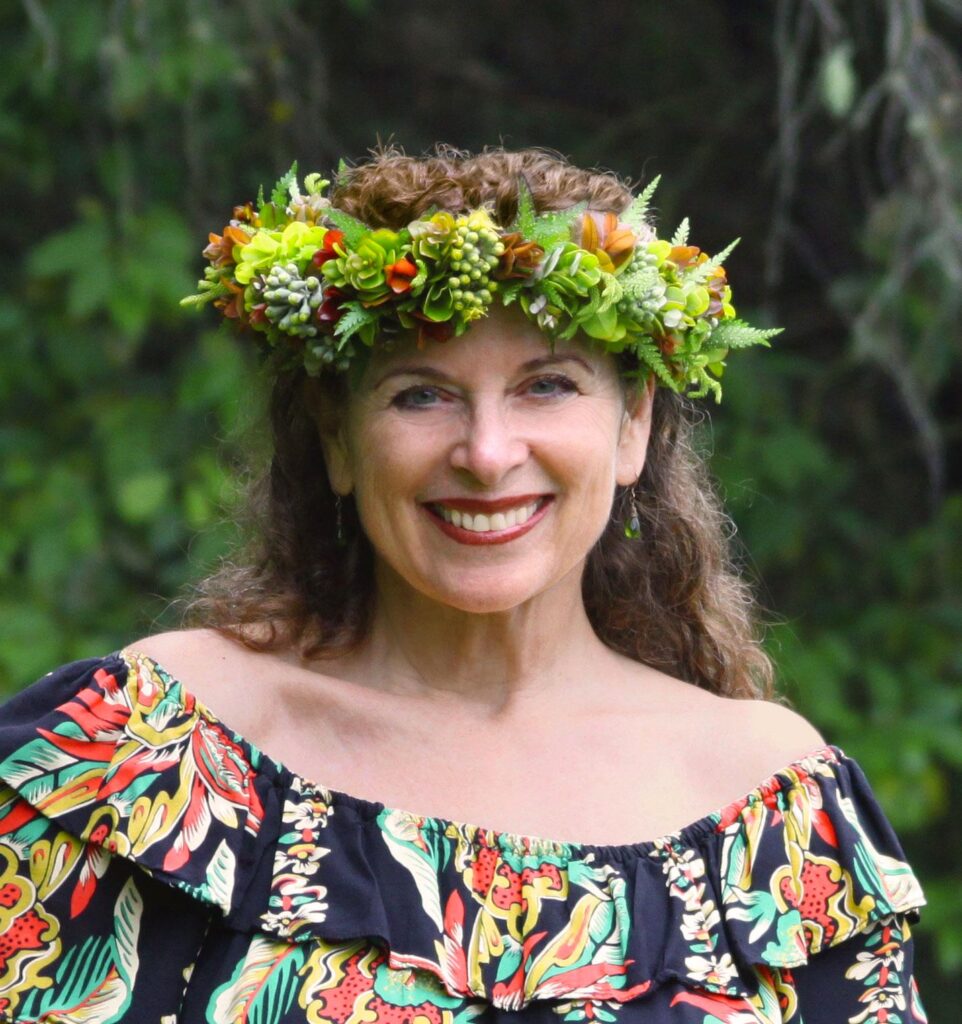
Thank you. Last word is yours.
My last word is to thank YOU for giving me the opportunity to talk about my life in music. There were moments we didn’t cover, but only because it would just be too much to talk about it all. The highlights above were the biggest milestones. I’m humbled by this opportunity.
Klemen Breznikar
Headline photo: Pamela Polland in London (1972) | Photo by Michael Ross
Pamela Polland Official Website / Facebook

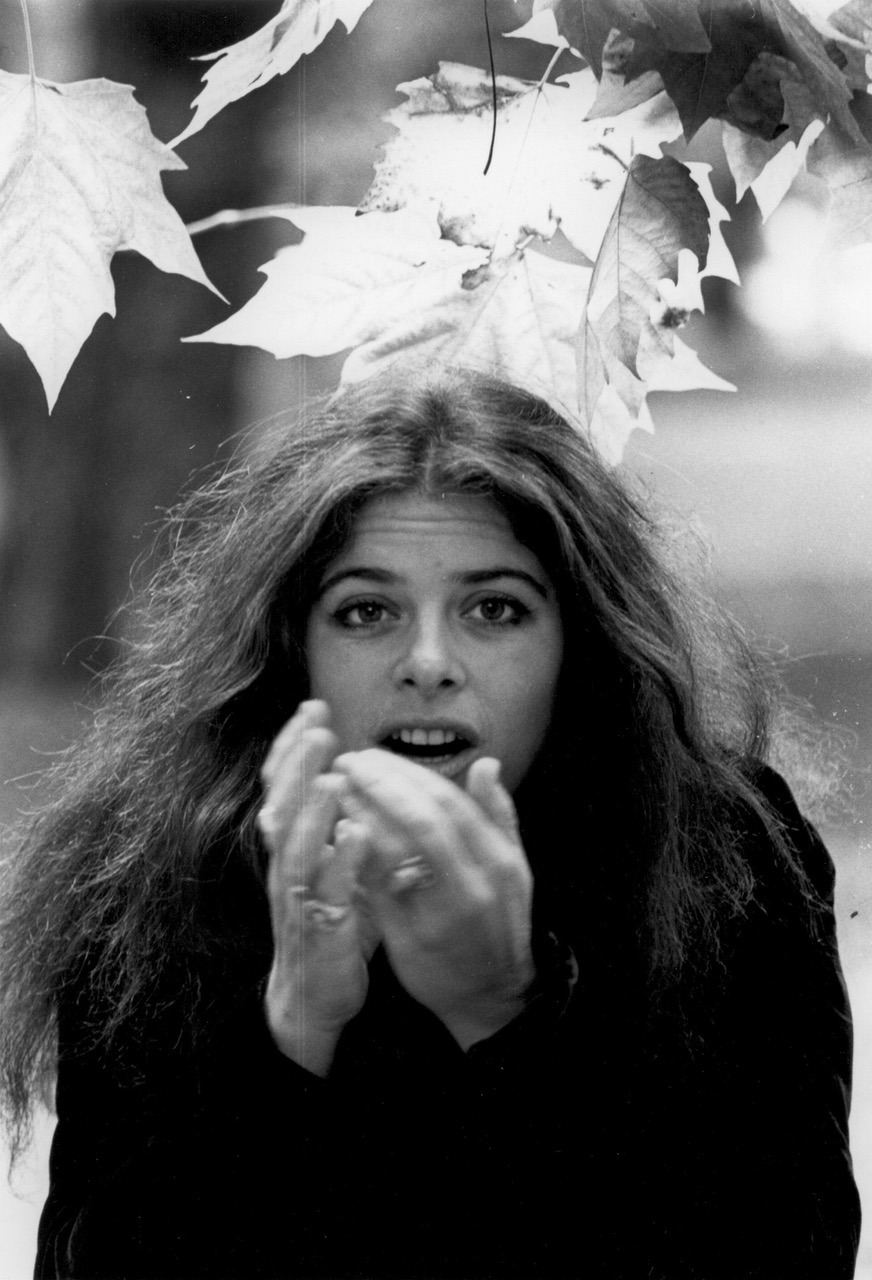
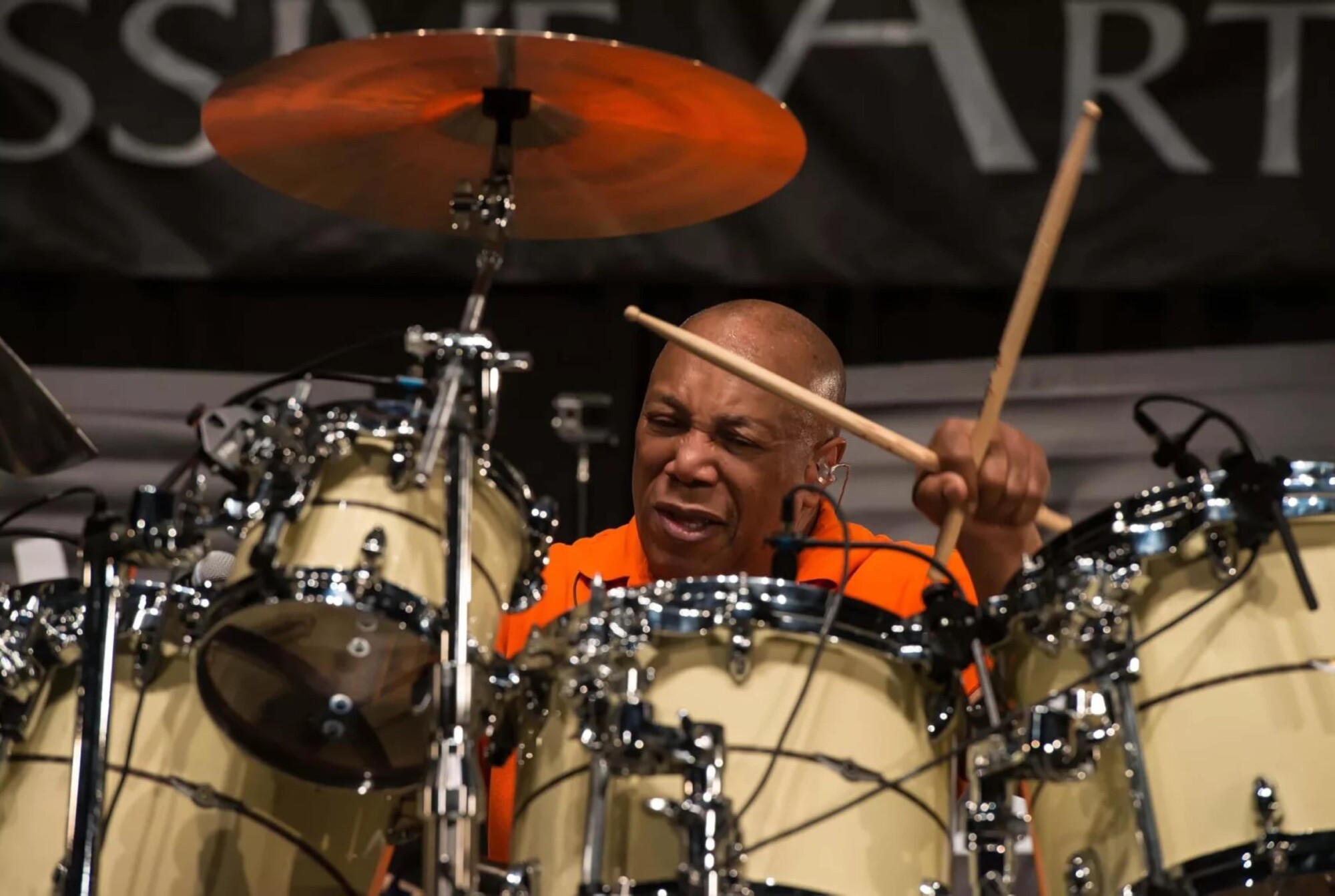
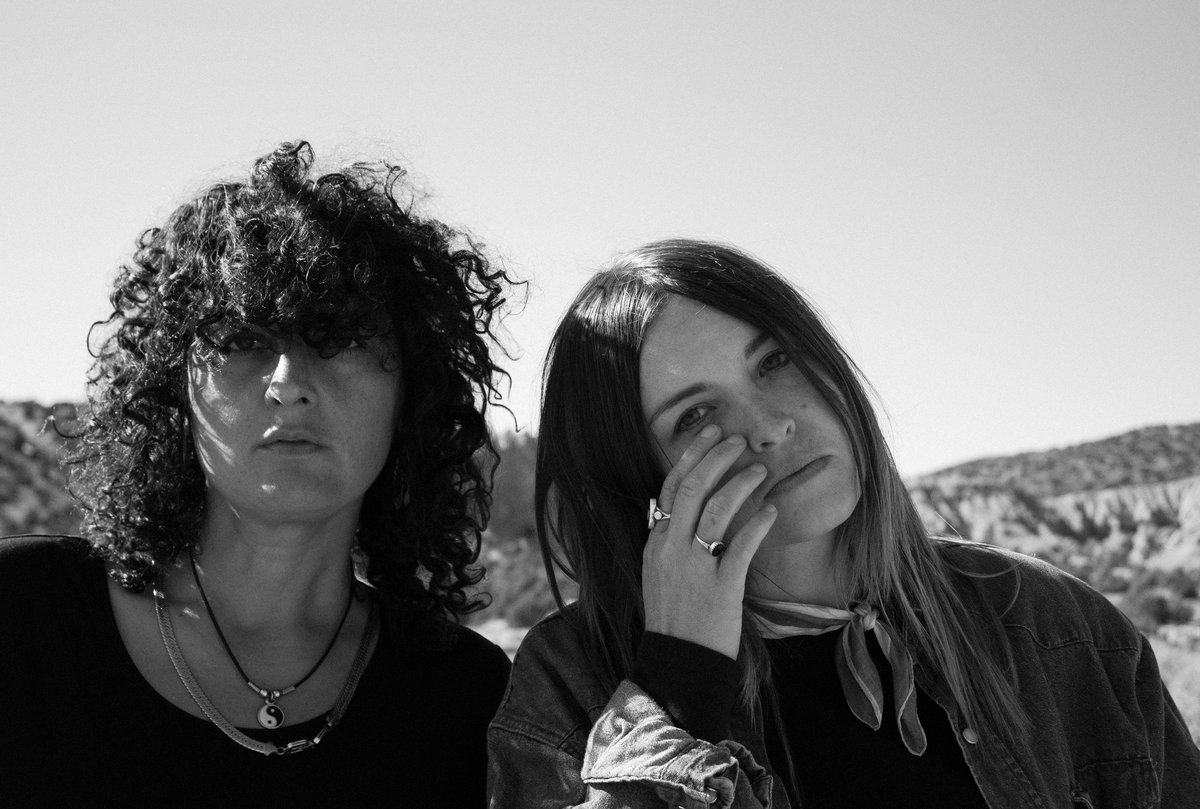
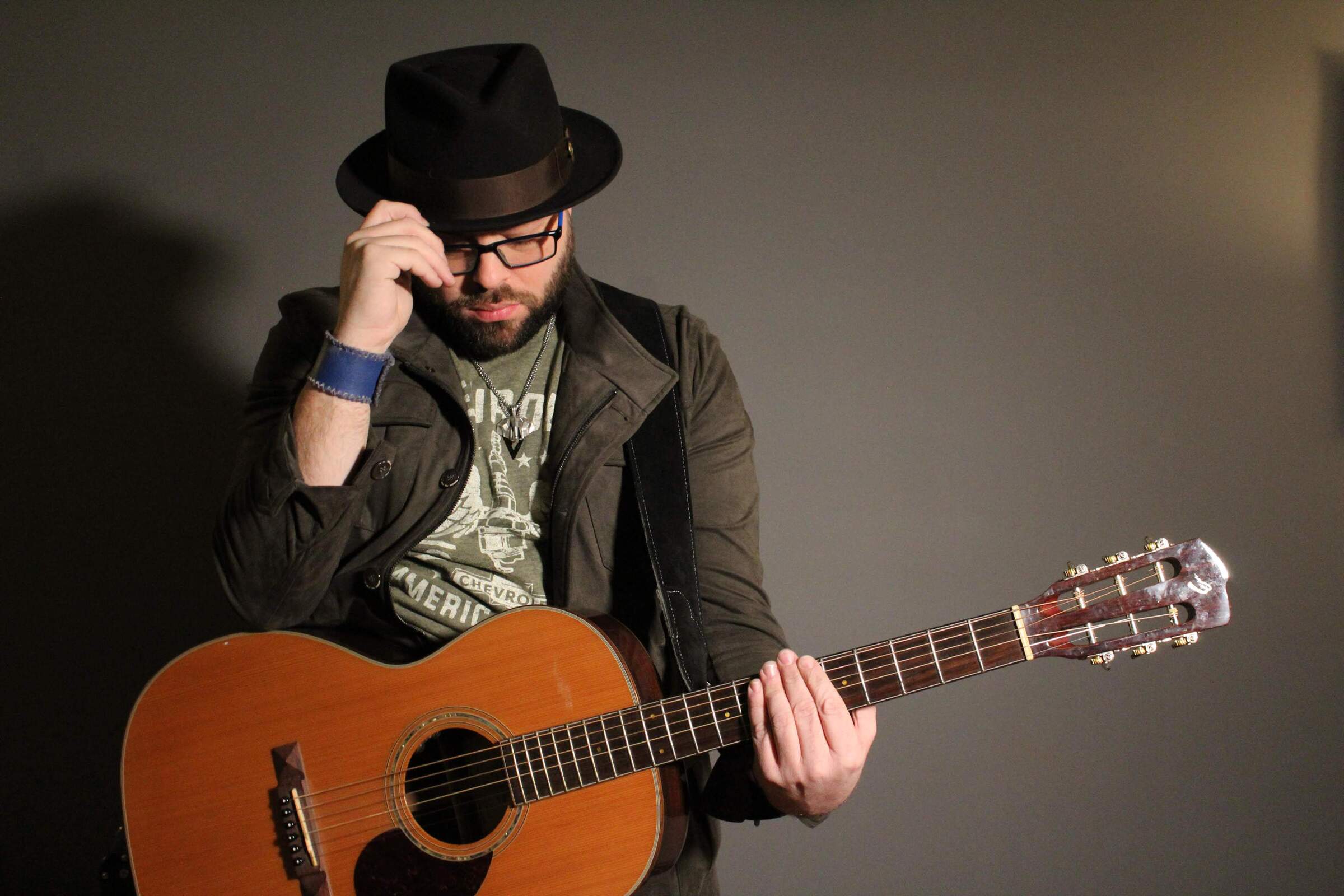
WOW!!!What an excellent good spirited interview,Pamela comes across as a real nice grounded person,even after being part of an exciting era for creativity,expression,free speech,personal freedom and indeed hedonism!!
The Gentle Soul album,is of course spectacular and very much of its time,with its luscious colourful sleeve,and ornate,with baroque flourishes and that breeezy folk rock vibe of that psychedelic time on the record,a real favourite of mine personally!!
I also have the BGO 2 album cd set of her self titled album from 1971 and “Have You Heard The One About The Gas Station Attendant”from 1973(whos idea for that long tongue twisting album title?)Both albums ARE fully written by Pamela Polland,excepting the 40 second”Teddy Bears Picnic”on the self titled album,which must have cost money to have it included,it seems a costly addition in publishing for 40 seconds?That debut had the likes of Nicky Hopkins,David Briggs,Eddie Hinton & Bobby Wood among others of course within its grooves.
“Gas Station Attendant”was recorded in London,so Pamela had upped sticks to old blighty with Gus Dudgeon on production duties,with the likes of the recently deceased Herbie Flowers,Ray Fenwick(Spencer Davis Group,After Tea)Taj Mahal,Barry De Souza & the great Joan Armatrading within its groove among others.
BOTH those albums are indeed worth having,featuring an immensely talented person in Pamela Polland,who in truth SHOULD have had more commercial success in both the UK and the USA,either as an artist in her own right,or indeed as a songwriter that others would flock too!!
Its great to see she’s still active in her creativity,and still glowing with good spirit emanating from within,this IS a fabulous interview,one which i hope is seen by many as Pamela Polland is deserving of other peoples interest as the talented,creative person she is.Thank You!!